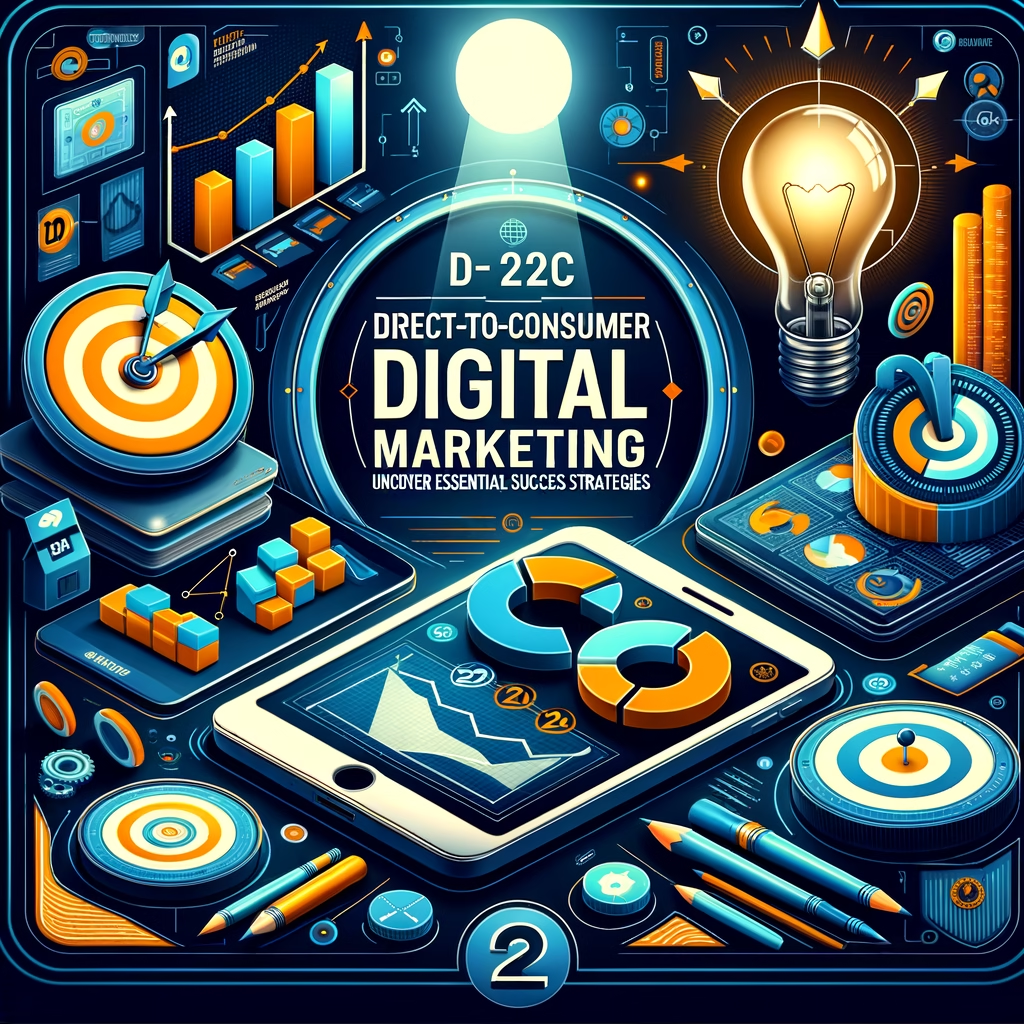- The Role of Data Analytics in B2B Marketing
- Challenges in Utilizing Data Analytics Effectively
- Tools Fuelling Data-Driven B2B Marketing
- Case Studies: Success Stories in Data-Driven B2B Marketing
- Conclusion: Embracing Data Analytics for B2B Excellence
Exploring Advanced Data Analytics for B2B Marketing
Advanced data analytics is revolutionizing B2B marketing, transforming vast amounts of information into actionable insights that drive growth and efficiency. As competition intensifies in the digital landscape, businesses are leveraging data to gain a deeper understanding of their customers and streamline their marketing efforts. This article delves into how businesses can harness the power of advanced data analytics to elevate their B2B marketing strategies.
The Role of Data Analytics in B2B Marketing
Data analytics is the backbone of informed decision-making in modern B2B marketing. By analyzing customer behaviors, preferences, and interactions, businesses can tailor their marketing strategies to meet specific client needs. This targeted approach not only enhances customer satisfaction but also boosts conversion rates and fosters long-term relationships.
H2: Key Benefits of Implementing Data Analytics in B2B Marketing
1. Personalization at Scale:
Advanced data analytics enables companies to deliver personalized experiences to their clients. By tracking behavior and purchase history, businesses can create tailored content and offers that resonate with individual customers. This level of personalization is crucial in the B2B space, where decision-making processes are often complex and bespoke.
2. Enhanced Customer Segmentation:
Segmentation is a critical component of any marketing strategy. With data analytics, companies can segment their audience more granularly. This includes distinguishing clients based on industry, company size, purchase behavior, and online activity. Enhanced segmentation allows for more precise targeting and messaging.
3. Predictive Insights:
Predictive analytics is a game-changer for B2B marketing. By analyzing historical data, businesses can forecast future trends and behaviors. This allows marketers to anticipate client needs and adjust their strategies accordingly. For instance, understanding when a client may be ready for an upgrade or a new service offering can significantly improve sales efforts.
4. Performance Measurement and Optimization:
Data analytics provides a comprehensive view of marketing campaign performance. Businesses can track key metrics and KPIs in real time, enabling them to make quick adjustments and optimize strategies on-the-fly. This dynamic approach ensures resources are allocated efficiently to maximize ROI.
Challenges in Utilizing Data Analytics Effectively
While the advantages of data analytics are clear, implementing these tools effectively presents several challenges.
H2: Navigating the Complexities of Data Analytics
1. Data Collection and Integration:
Collecting data from various sources and integrating it into a coherent system can be difficult. Many businesses struggle with siloed data, which can hinder a holistic view of customer interactions. Utilizing platforms that streamline data integration is vital for effective analytics.
2. Data Privacy Concerns:
With increasing data privacy regulations, businesses must prioritize compliance. Ensuring data protection and gaining customer trust are essential. Implementing transparent data practices and staying informed about regulatory changes is necessary to mitigate risk.
3. Interpreting the Data:
Having data is only beneficial if it is correctly interpreted. Many companies face challenges in analyzing complex datasets and extracting meaningful insights. Investing in skilled analysts or advanced AI-driven analytics tools can ease this process.
4. Keeping Up with Technological Advancements:
The field of data analytics is rapidly evolving. Staying updated with the latest tools and technologies requires commitment and investment. Continuous training and development in analytics platforms help businesses remain competitive.
Tools Fuelling Data-Driven B2B Marketing
Leveraging the right tools is crucial for transforming data into actionable insights. Here are some popular tools that can enhance data-driven marketing strategies:
H2: Essential Data Analytics Tools for B2B Success
1. Google Analytics 360:
This premium version of Google Analytics offers advanced tools for data collection and analysis. It provides a comprehensive view of customer interactions across different channels, making it easier to analyze the entire customer journey.
2. Tableau:
Known for its intuitive data visualization capabilities, Tableau helps businesses see and understand their data effectively. Its user-friendly interface allows teams to create interactive and shareable dashboards.
3. HubSpot:
HubSpot offers robust analytic tools within its marketing platform, focusing on tracking customer interactions and campaign performance. It integrates seamlessly with CRM systems for more cohesive data analysis.
4. IBM Watson Analytics:
This advanced tool utilizes AI to offer predictive insights and automate data analysis. Watson’s capabilities extend to natural language processing, making it accessible for users without deep analytical expertise.
Case Studies: Success Stories in Data-Driven B2B Marketing
To illustrate the practical applications and successes of data analytics in B2B marketing, let’s explore a couple of real-world examples.
H2: Real-World Examples of Data-Driven Success
1. Case Study: A Tech Company’s Journey to Enhanced Engagement:
A leading technology company faced challenges in engaging its diverse client base effectively. By implementing a data analytics strategy focusing on behavioral data, the company was able to segment its audience accurately. Personalized email marketing campaigns resulted in a 30% increase in engagement and a 20% uplift in sales within six months.
2. Case Study: Streamlining Operations for a Manufacturing Firm:
A manufacturing business utilized predictive analytics to foresee demand fluctuations and optimize inventory levels. By integrating data from multiple platforms, the firm achieved a 15% reduction in overhead costs and improved delivery times, significantly enhancing client satisfaction.
Conclusion: Embracing Data Analytics for B2B Excellence
Implementing advanced data analytics in B2B marketing is no longer optional but essential for staying competitive in today’s market. By addressing challenges head-on and investing in the right tools, businesses can harness data to craft personalized, effective marketing strategies that drive growth and customer satisfaction.
With ongoing technological advancements, the future of data-driven B2B marketing holds immense potential. Companies that prioritize data literacy and integration today will be well-positioned to lead the industry tomorrow.




